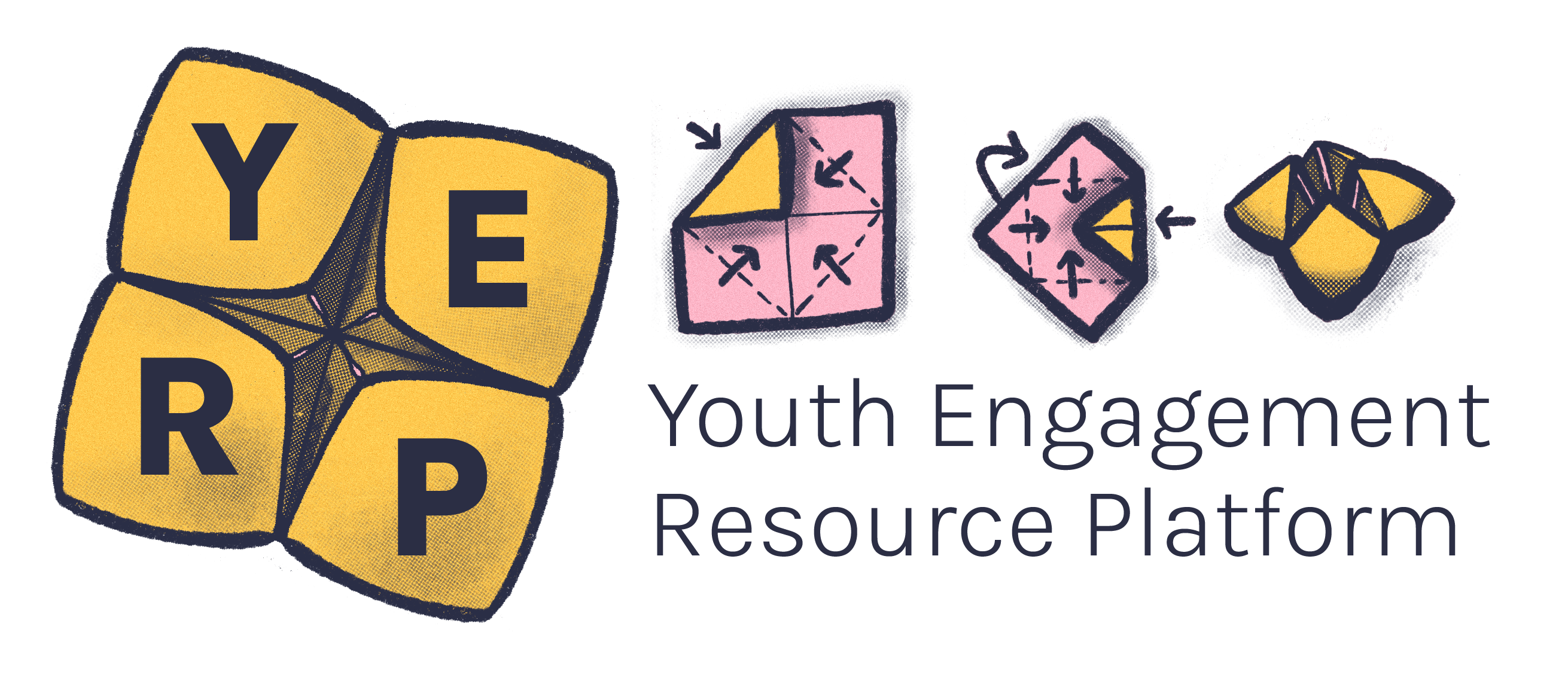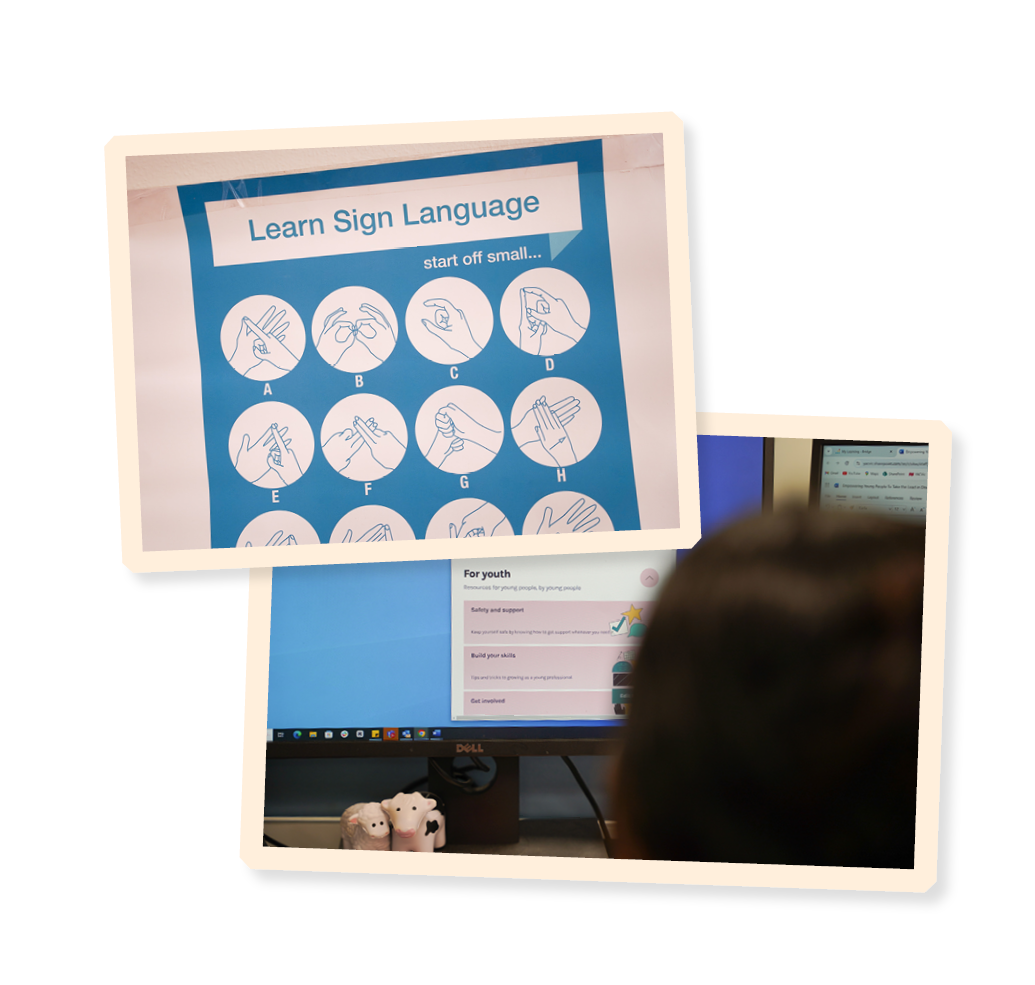As the working world gets more competitive, upskilling has become a key part of career success. Any leg up you can get now will be beneficial for you in the long run.
You often hear about traditional forms of training and development through universities and apprenticeships, and these are great – but they aren’t the only ones out there. They can also be inaccessible for many because of their cost.
So, here are some other options for training and development that you can look into.
A short course is a great way to gain the skills you need quickly.
-
A smart option if you’re looking to start in the workforce or switch careers to something different, gain specific training or get skills you need to move ahead.
-
Short courses can take anywhere from a few hours to a few months, depending on which course you enrol in.
-
They’re delivered by lots of different educational institutions from TAFEs to community centres and you can even take many on online.
Short courses are offered across many areas from arts and crafts to language, cooking, community development, disability support and so much more. You can learn how to use the Microsoft suite, how to improve your photography, bookkeeping, or even accounting.
Community centres
Community centres sometimes offer short courses and are often overlooked when people want to train or upskill. Don't forget to check out your local community centre and find out what short courses they have available.
There are over 80 campus locations for TAFEs across Victoria.
TAFE courses range from nursing to community development and youth work, accounting to dental assisting.
Since 2019, there have also been a range of free TAFE courses! Yes, you heard correctly… FREE! The list has grown and grown and there are now over 80 free TAFE qualifications and short-term courses available in Victoria.
Leadership training is a great way to improve your leadership skills, whether that’s leading teams or in projects. Starting out as a young person, usually in entry-level or junior positions in organisations, it can be tricky to gain leadership experience so taking a leadership course is a great way to upskill.
YDAS runs an incredible Young Leaders Program which is a free leadership program for young Victorians who identify as having a disability. It gives disabled young people the chance to grow their leadership and advocacy skills, gain confidence to work in a team and access opportunities.
There are countless organisations who run leadership training. Some of our favourites include:
-
Women’s Environmental Leadership Australia - an intensive annual leadership development program for women and gender diverse changemakers in the climate space.
-
Leadership Victoria - who run leadership programs that ‘inspire, connect and transform’.
Do you want to speak to the media on an issue that affects you? Do you want to be heard and be effective?
Media training provides fundamental guidance to understanding the media, how to pitch, and media interview skills.
Media literacy is the ability to critically engage with media in all aspects of your life. It helps you understand and interpret media and learn the signs of misinformation and disinformation. Media literacy training will help develop your critical thinking and research skills.
Media shapes much of our lives these days so it’s important to be able to understand it, both personally and professionally.
Advocacy is about making change on issues you care about. There isn’t necessarily specific ‘advocacy training’, rather, there are lots of areas that you can upskill and train in to become an impactful advocate.
These areas include facilitation, leadership and media training. But can also include areas like policy, youth participation, strategy, community organising, digital campaigning, access and inclusion.
The Australian Progress Fellowship for campaigners and advocates is a great example of advocacy training.
First Aid training teaches you the skills and knowledge required to recognise and respond to life-threatening emergencies and provide a first response across a range of different situations.
Mental Health First Aid training equips you with the skills to recognise and respond to someone experiencing a mental health problem or mental health crisis, until professional help is received, or the crisis resolves.
Many workplaces want their staff to be trained in first aid so if you already have this on your resume, it’s definitely a bonus! As Mental Health First Aid is still emerging as distinct from traditional First Aid, it stands out as an extra qualification on a resume.
Common training providers:
Life skills are any skills that enable you to grow and thrive and make positive decisions and changes to your benefit.
There is no set list of life skills and really, any skill that is useful to you can be considered a life skill.
Life skills can be understood as the everyday skills that people use throughout day-to-day life. They aren’t necessarily taught in schools (although we think many of them should be!)
Youth Central have a great resource around ‘Advice for Life’. It covers topics like:
-
Finances
-
Driving and public transport
-
Relationships
-
Health
Australian Media Literacy Alliance. (n.d). What is Media Literacy? https://medialiteracy.org.au/
Mental Health First Aid. (2024). https://www.mhfa.com.au/
Tafe Victoria. (21 February 2024). Free TAFE for more Victorians. https://www.vic.gov.au/free-tafe
YouthNav | YouthNav - get the skills to navigate your future





